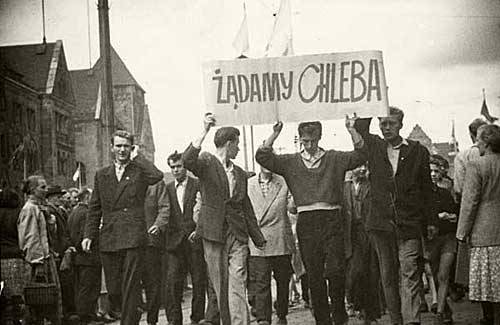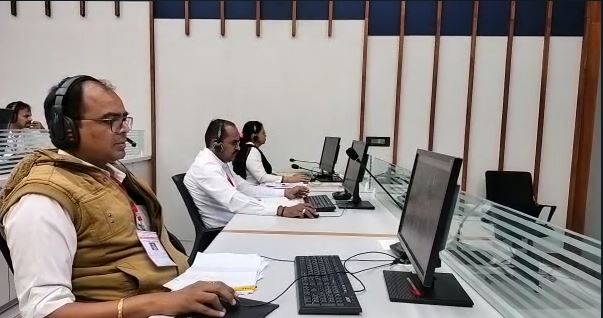
Even though non-public businesses can commonly demote, suspend or even terminate personnel for expressing viewpoints that violate company policy or employment contracts, ESPN anchor Sage Steele maintains her network exceeded its authorized authority in regulating her speech. Steele on Thursday sued ESPN Productions Inc. and its guardian, Walt Disney Company, for what she portrays as violations of the two Connecticut law and her contract and for intentionally and negligently inflicting psychological distress.
In a grievance filed in a Connecticut Remarkable Court docket, Steele argues ESPN broke the law by effectively demoting her in the aftermath of her controversial remarks on Jay Cutler’s podcast past September. Amid other points that drew notice, Steele criticized former President Barack Obama for choosing “Black” on the U.S. census, declaring “his Black father was nowhere to be uncovered.” Steele also ridiculed her employer for its COVID-19 vaccine mandate as “sick” and “scary.”
A lot more from Sportico.com
Steele wasn’t fired or suspended, but she claims she was disciplined by, amid other issues, possessing to apologize, getting rid of out on coveted assignments and emotion bullied by colleagues. In that regard, Steele views ESPN’s reaction as detrimental her work relationship and profession.
Through her lawyer, Bryan Freedman, Steele also maintains that ESPN has been hypocritical in the manner in which it punishes staff members for controversial speech. She argues ESPN has “repeatedly dismissed commentary from other employees—both just before and right after they penalized Steele for expressing her opinion—that was additional political and much more controversial than the comments designed by Steele, and that in some scenarios was overtly disrespectful to Steele.” To illustrate, Steele attracts interest to ESPN declining to punish Dan LeBatard in 2019 for referring to then-President Donald Trump as an “old white man” who “instigated” racial animus. She insists that ESPN applies guidelines in a different way for people with additional progressive or liberal viewpoints.
Steele also contends that even if she was not explicitly suspended, “it was widely noted in the media that ESPN had ‘suspended’ Steele for her reviews on the podcast.” She lambastes ESPN for doing “nothing to rebut the prevalent studies that it had suspended or in any other case disciplined Steele for her feedback.”
Steele’s lawsuit faces a number of hurdles.
For starters, the First Amendment prevents the authorities from punishing a person for their speech, but it doesn’t protect against a personal employer from punishing an worker for their speech. So long as a private employer follows its personal insurance policies, which normally compel “progressive discipline” (that is, the first punishment is a warning and opportunity to solution misconduct issues ahead of the employer can use harsher measures), the employer has substantial authority in assigning operate and dictating staff jobs.
Steele, like other ESPN workers, is also ruled by corporation carry out and media procedures. ESPN’s social media plan, for example, cautions its employees to stay clear of public engagement that includes “overt political or other biases that would threaten our or your believability with the public.” Steele’s work contract—which she contends ESPN breached—might also contain provisions concerning expressions that ESPN and Walt Disney deem undermining of fiduciary pursuits. Even if Steele can show ESPN is arguably inconsistent in making use of place of work policies, ESPN enjoys sizeable discretion in how it applies all those guidelines.
It is also doable that Steele’s employment deal has a necessary mediation provision or mandatory arbitration provision, or equally. Either would be lifted by ESPN in defense pleadings and would immediate the presiding choose to dismiss Steele’s lawsuit right up until she has exhausted her contractual cures.
ESPN, also, has a place of work history of firing or punishing workers for partaking in controversial speech. In 2016, the network fired baseball broadcaster Curt Schilling soon after he shared an anti-transgender meme on social media. A 12 months later, ESPN suspended anchor Linda Cohn for criticizing the network’s handling of cultural matters through a radio display. That same 12 months, ESPN suspended anchor Jemele Hill for a combination of tweets that ridiculed Trump and urged advertisers to boycott the Dallas Cowboys. ESPN might assert that Steele, 49, was definitely on see of these procedures considering that she has been with the community for 15 years and witnessed her colleagues disciplined.
But Steele has a likely ace in the gap in the type of a Connecticut statute that forbids companies from punishing workforce when they have interaction in speech shielded by the 1st Amendment. Steele can maintain that her feedback, whilst controversial, tumble in just the statute’s parameters.
The statute, nonetheless, is made up of an vital qualification: the safety only applies if the employee’s speech “does not considerably or materially interfere with the employee’s bona fide career functionality or the functioning romance in between the worker and the employer.” ESPN may well argue that Steele violated company coverage or her employment contract, or each, by ridiculing a former president’s racial identification and expressing hostility in direction of corporation plan. Steele, in the meantime, could insist that the corporation exceeded its contractual authority and mistreated her.
In a statement to the Wall Road Journal, ESPN stated, “Sage stays a valued contributor on some of ESPN’s greatest profile articles, such as the latest Masters telecasts and anchoring our midday SportsCenter.”
ESPN will solution the criticism in the coming weeks.
Ideal of Sportico.com




More Stories
The New Crossover Members of the House – Sabato’s Crystal Ball
Lebanese Parliament Fails 8th Time To Elect New President
The Importance of How You Announce Your Company’s M&A Deal – KJK